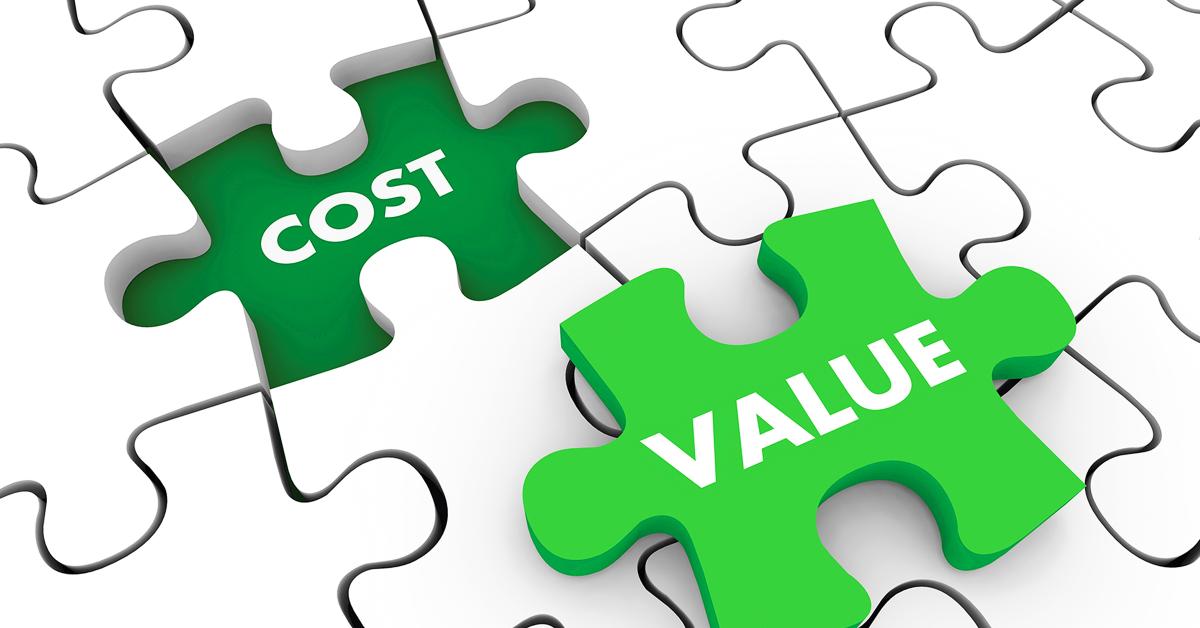CHCAGO — Dry cleaners spend years, sometimes decades, of their lives building their business. When it comes time to make a change — because of retirement, illness, death or simply wanting to explore a different career — mistakes made in the process of selling that business can cost a cleaner thousands of dollars. The owner’s nest egg could be cracked if he or she doesn’t take certain steps in the buildup to the sale.
What’s it Worth?
Part of getting a fair deal when selling a business is to truly understand what that business is actually worth — not what the owner thinks or hopes it’s worth. From the buyer’s perspective, they need the answers to some fairly simple questions.
“What a buyer wants to know is, ‘How much am I going to make, and how much is it going to cost me?’ So, figuring out the cash flow and the expenses is very important,” says Liliane Tietjen, business intermediary at Patriot Business Advisors.
One of the main components of measuring a business’ worth is indicated by its tax returns, which provide a window to the company’s profits. But “creative” accounting done to minimize the money paid in taxes can come back to haunt an owner.
“The most important thing about selling your business is to clean up your tax return,” Tietjen says. “Report everything on your tax return. A lot of cleaners might be grossing $400,000, but they’re reporting $250,000 on their tax return. A bank loan will be almost impossible to get, and how are you going to sell if you can’t get a bank loan on it?”
One way many business owners lower their tax liability is to maximize their deductions.
“They write off their car, they write off their health insurance, they probably go down to the grocery and write that off as ‘supplies,’” Tietjen says. “I understand nobody wants to pay the government. I don’t want to pay the government. But that’s just the way it is. And a lot of sellers, if the tax return is bad, will walk away from the deal.”
John Mikaelian, owner of AAA Venture Business Brokers, agrees with Tietjen on this critical point: “People don’t want to show taxes on the bottom line. At least for a year or two, pay the taxes — you can make more money because you show higher income on the bottom line.”
Bad payroll practices can also be a potential deal-breaker, Tietjen says, with some owners paying their staff on a cash-only basis. Besides the potential legal problems this can generate for the owner, it also makes a business more difficult to sell.
“I’ve had two deals walk away this year because the payroll was all cash,” she says, “and the potential buyers said, ‘Yeah, I can’t get involved in that.’ If they’re not on a W-2, put your employees on a 1099, but there must be some papers. If not, that will make a deal blow up so quickly.”
While a dry cleaner is selling the revenue the business makes, he or she is also selling the company’s equipment and assets. Again, it can be easy to believe these resources are worth more than they are, says Richard Ehrenreich, managing member and principal consultant of Ehrenreich & Associates, so it’s important to find a way to remain dispassionate about this.
“In the evaluation stage, we look at 60 different things in the plant and 40 items for each non-production plant profit center, and grade them on a 0-to-4 score, then weigh each item by importance on an 1-to-6 scale,” he says. “We go through these one by one to see if they should be noted in the SWOT (strength, weakness, opportunity, or threat) analsysis. It’s not always 100% perfect, but it’s 100% better than not doing something like this. It takes the emotion out and makes the owner look at things they might have neglected to consider in the past.”
When the financials are put in order, Tietjen has found there’s a formula that seems to be holding for the sale of drycleaning companies.
“The multiple on the sale of a dry cleaner right now, for the smaller dry cleaners, is two times cash flow,” she says. “For the larger cleaners. It’s two and a half times cash flow. For a really big cleaner that’s cash-flowing $600,000 or $800,000, I can get three times cash flow. But we need clean tax returns.”
Come back Thursday for Part 2 of this series, where we’ll take a look at the timing and negotiation practices that will net owners the most for their businesses.
Have a question or comment? E-mail our editor Dave Davis at [email protected].














